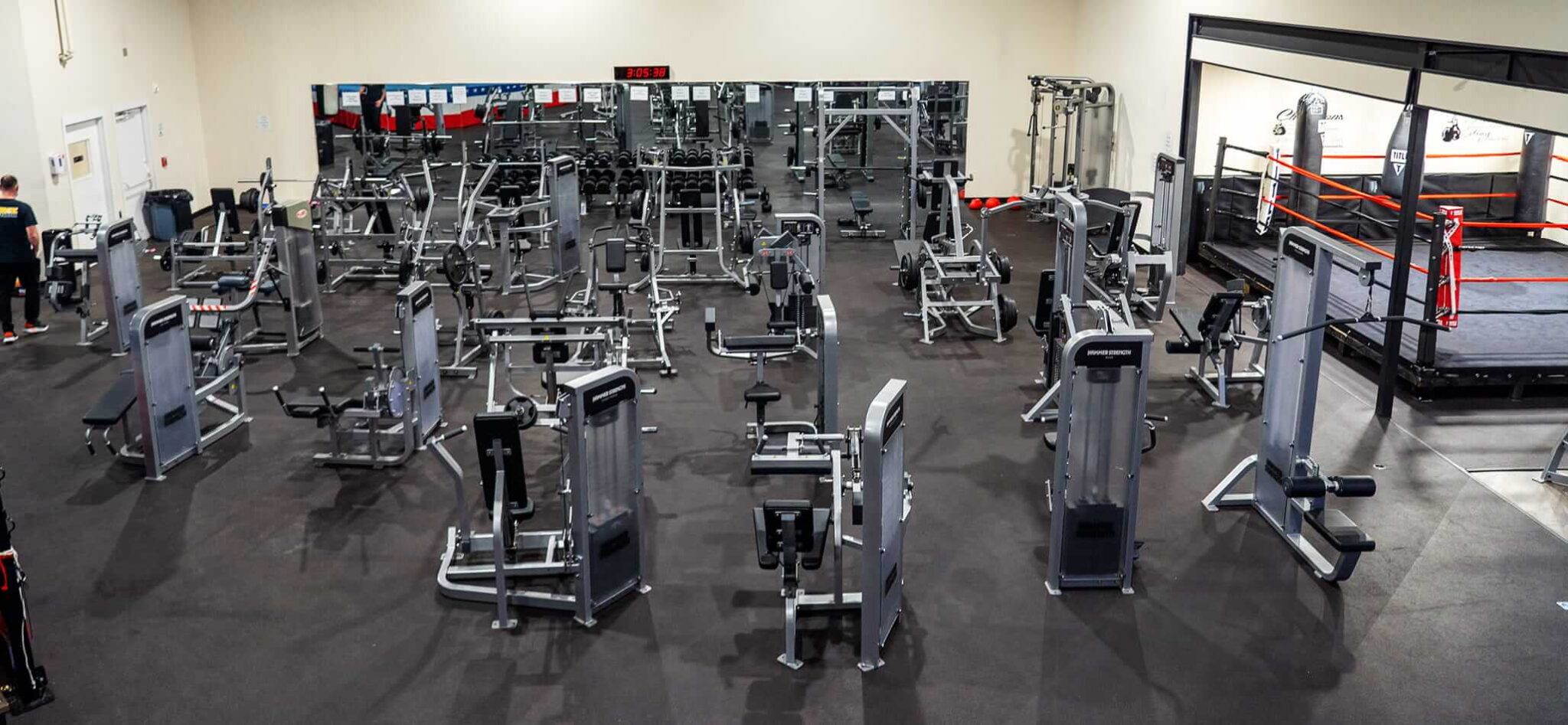Tips for Returning to Work After Rehab

It can be a daunting prospect—heading back to work after rehab. Colleagues might, not surprisingly, want to know where you’ve been. What do you say? What should you say about your absence? Having a plan in place for your return can help you integrate back into your job without disrupting your recovery journey.
At WhiteSands, we help clients learn how to manage their addiction and the long-term recovery process. Our clinicians frequently partner with clients to help them create the best strategies for returning to work and their everyday lives. For some clients, the return can be a stressful time. Each client’s situation is different so we help every client develop a plan for getting back to work as smoothly as possible.
Learning to manage an addiction takes time and practice. Stress can be a perpetual trigger, so our clinicians spend considerable time helping clients learn techniques to manage their stress in healthful ways. Our addiction treatment programs include inpatient treatment, outpatient treatment, medical detox, medication-assisted treatment, aftercare, and more. We can also provide the highest quality dual diagnosis treatment. With optimum support, clients can achieve their recovery goals.
Understanding the Transition: Back to Work after Rehab
The return to work is part of the overall transition process of moving from rehab to everyday life. This can be a challenging time because clients will no longer have daily access to rehab clinicians for guidance. In many ways, the early days of transition can be some of the toughest for clients. It’s at this time that clients have to put the strategies learned in rehab to manage their condition into action. That’s often harder than it sounds.
Clients should leave rehab with a plan of how to proceed when they return to work. Therapists will help them decide how to talk about their condition and rehab experience if they choose. Clients are also entitled to privacy, and our clinicians will help them address privacy concerns so that they can proceed with their transition in ways that are best for their mental health.
Preparing Mentally and Emotionally for the Workplace
During substance abuse treatment, clinicians help clients prepare mentally and emotionally for reintegrating into the workplace. The return to work can be challenging for a couple of reasons. There’s the work itself; clients will have to be able to focus on their work to perform well. There is also the people aspect of the job and what clients can expect to face in terms of questions about their absence and continued recovery plan.
We want to help clients minimize the return-to-work stress so that it does not compromise their recovery progress. We help them employ tools and strategies that make the integration process easier. By managing the situation well, clients can expect to feel less stress and cope with any stress that arises as well as they can. We also encourage clients to talk to their supervisor before their return so they can work out a reintegration plan that works for everyone involved.
Communicating with Your Employer and Colleagues
During treatment, clinicians will help clients improve how they communicate so that they can more easily discuss their return to work with their employer. We help each client form a plan for reintegration. Having a plan in place helps clients build a stronger recovery foundation.
Our clinicians can help clients decide what to say when they discuss their time away from work. They’ll learn tips for communicating with their employer and colleagues. The plan is designed to remove much of the stress associated with a return to work. Less stress means less risk of relapse so it’s important to manage workplace stress right from the start of the reintegration process.
Setting Healthy Boundaries at Work

Remember that your substance abuse treatment is your business and private healthcare business. Although you need to let your employer know why you will be absent and there are certain procedures associated with that information, you do not have to go into detail about your condition and treatment, and you don’t have to discuss your private health with concerns with any colleagues.
Setting up boundaries can help you protect your private business. Healthy boundaries support a healthy lifestyle. You can protect your private life by telling workplace employees as little as possible. Our therapists will help you form responses to questions that other employees might ask. An optimum response protects your boundaries and allows you to feel comfortable during the transition back to work and beyond.
Managing Stress and Avoiding Triggers in the Workplace
Clients in recovery must manage stress well. Stress is a common trigger of alcohol and drug abuse. It’s a leading cause of relapse. Clients can use strategies learned in rehab to manage stress and other triggers that may occur in association with work. If work has historically been stressful, clinicians will help you develop a plan for managing the triggers that impact you.
During treatment sessions, clinicians help clients identify workplace triggers that might include drama with other employees or a heavy workload. It’s important to contend with these issues in healthy ways so that they do not trigger a relapse.
Balancing Work with Ongoing Recovery Efforts
Work often takes up a lot of the client’s time, but it’s essential to maintain recovery plan obligations. Don’t skip therapy sessions. Be sure to practice the condition management strategies learned in rehab. Work may take a substantial portion of a person’s day, but don’t neglect your responsibilities to yourself. A healthful work-life balance should leave you with some time to focus on managing your continued recovery journey.
Seeking Support from HR and Employee Assistance Programs
Today’s employers are well aware of the rights of employees to seek behavioral health treatment. Many have a transition plan in place to help staff who return after an extended absence. Our therapists coach clients so that they know who to contact about their return and what questions to ask as they develop their return plan. With a good plan in place and workplace support, clients will feel less stressed about the return process.
The Importance of Self-Care During this Transition
Clients must take care to manage their substance use disorder effectively. Upon leaving rehab and returning to work, clients will face many of the same triggers that impacted them before they enrolled in treatment. Managing these triggers well is important to prevent relapse. One thing clients can do to cope well with their triggers is to practice optimum self-care techniques such as attending all treatment sessions, participating in aftercare programs, following a healthy sleep routine, eating healthy, and so forth. Self-care can lead to improved mental health well-being, which typically translates into better addiction management.
How WhiteSands Treatment Can Support Your Return to Work
WhiteSands can support your return to work with strategies that are customized for you. We will partner with you to craft a transition plan that meets your needs and supports your long-term recovery plan. If you are struggling with addiction, remember that WhiteSands can help. Contact us to learn more about our full range of addiction treatment programs. Let our team help you put drugs and alcohol behind you.
If you or a loved one needs help with abuse and/or treatment, please call the WhiteSands Treatment at (877) 855-3470. Our addiction specialists can assess your recovery needs and help you get the addiction treatment that provides the best chance for your long-term recovery.

























